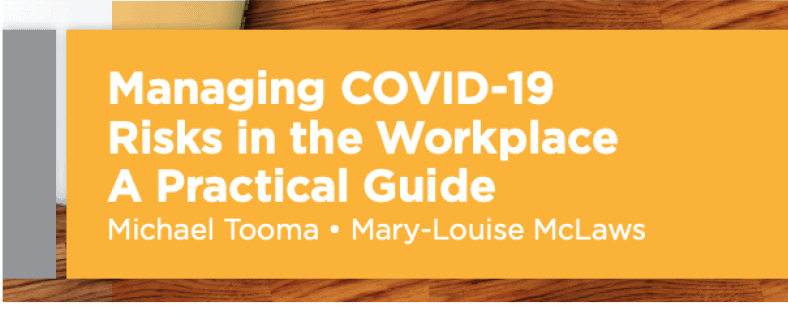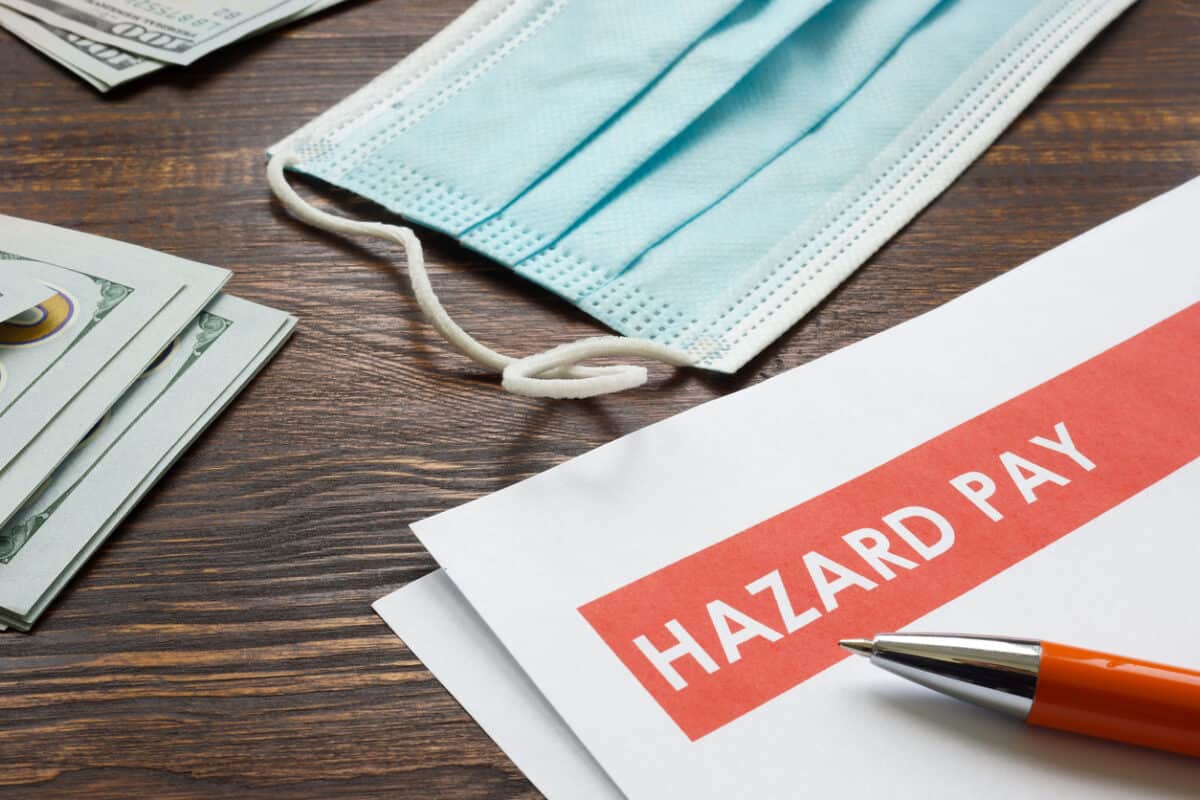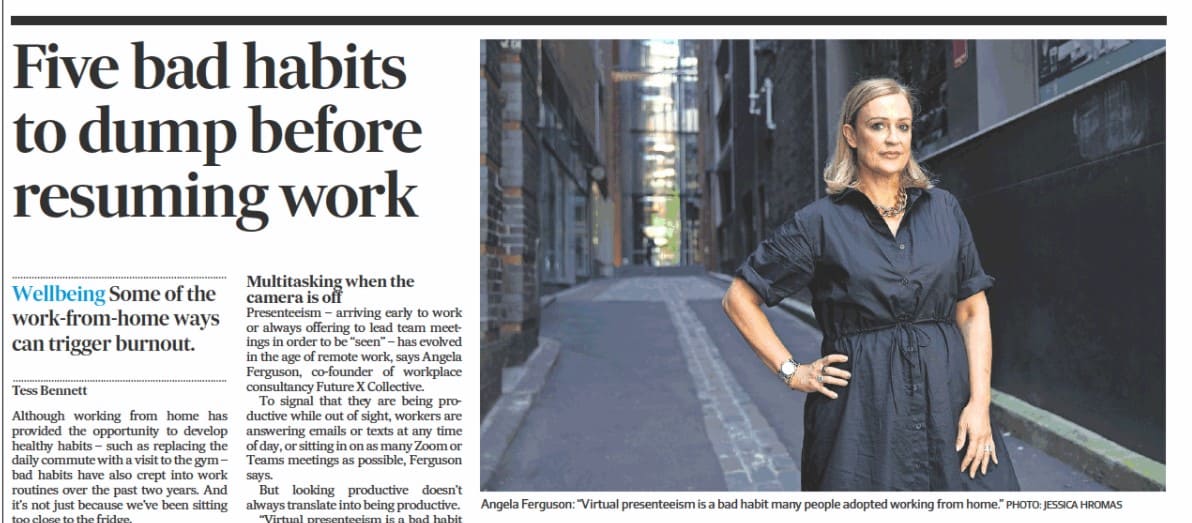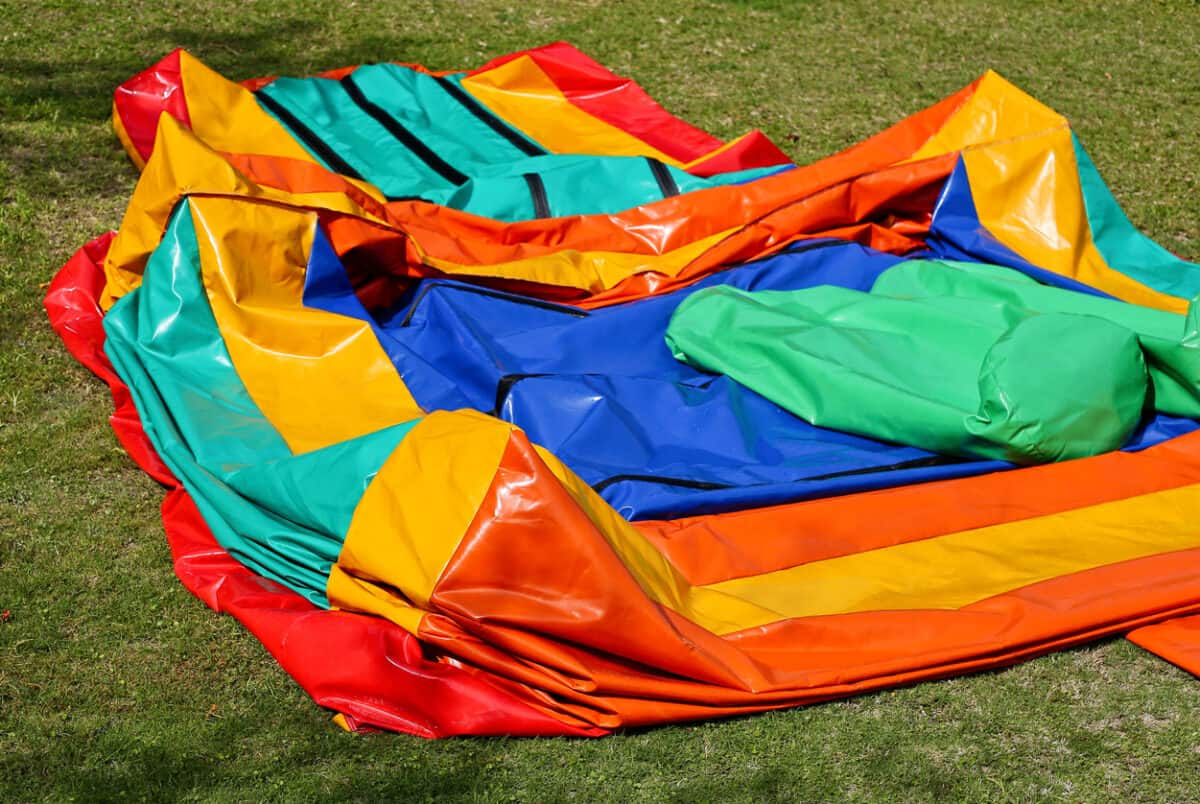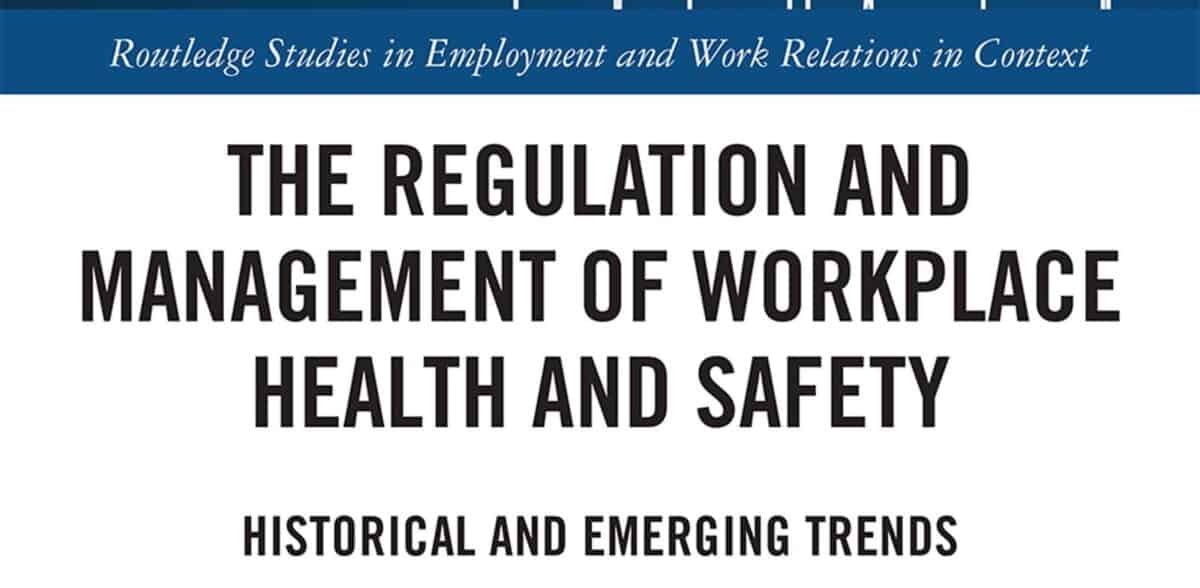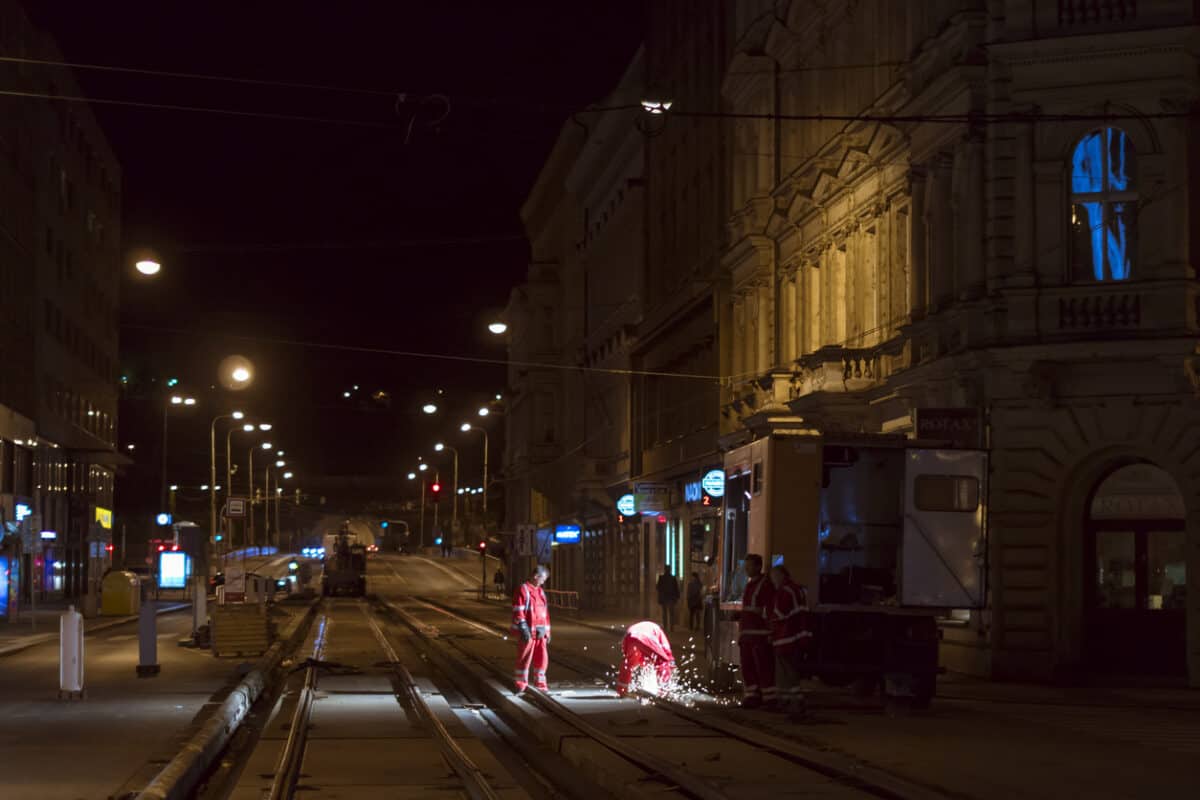On February 10 2022, the Victorian Parliament passed laws to decriminalise sex work, supporting the (Labor) government position that sex work needs to be treated the same as any other type of work. The debate, the culmination of decades of work by many sex work supporters and advocates, was won by emphasising the role of Work over the concerns about Sex. This is a strategy that other workplace safety advocates may consider.
Category: hazards
Good COVID OHS book
Late last year, lawyer Michael Tooma and epidemiologist Mary-Louise McLaws published “Managing COVID-19 Risks in the Workplace – A Practical Guide”. Given how COVID-19 is developing variants, one would think that such a hard copy publication would date. However, the book is structured on the occupational health and safety (OHS) obligation of managing risks, and whether the variant is Delta, Omicron or Omega (if we get that far), the OHS principles and risk management hold up.
Danger Money corrupts OHS
The traditional manner for employers to get unsavoury or hazardous work tasks done is to offer more money. This is referred to as Danger Money in some countries and Hazard Pay in others. There has been a resurgence in Danger Money during the COVID-19 pandemic, offered by some employers and requested by some workers and unions. This negotiation is a collaborative avoidance of both groups’ occupational health and safety (OHS) obligations and should be opposed vigorously by OHS associations and advocates.
Bad work “habits” are part of the problem
The headline immediately caught my attention:
“Five bad habits to dump before resuming work”
Australian Financial Review, January 4, 2022
Such is the power of the click-bait headline.
This article is aimed at middle managers and those working from home. It is in the Australian financial/business newspaper so articles about individual empowerment and entrepreneurship rather than structural change are expected. The article above is a classic example of the Australian Financial Review’s approach to workplace health and safety matters: a newspaper with significant influence on business leaders and executives but one that rarely quotes or approaches occupational health and safety (OHS) experts.
The PM misses an opportunity for OHS leadership
Last week in Devonport, Tasmania, an inflatable jumping castle flew into the air injuring and killing several primary school-aged children. Shortly after Prime Minister Scott Morrison conducted a press conference in conjunction with the Tasmanian Premier Peter Gutwein and others in which he spoke about the incident and its impact on the local community. It is worth looking at the PM’s comments from an occupational health and safety (OHS) perspective.
Many readers will be aware that fatalities related to inflatable amusement devices becoming airborne are uncommon but not unknown, as the ABC article linked above shows. Most Australian jurisdictions have issued OHS guidelines for amusement devices, including inflatable jumping castles. Here are links to two examples that illustrate the state of knowledge of the risk. This article makes no comment on the OHS circumstances of the Devonport incident.
Some OHS approaches need the Industrial Relations touch
Several years ago, there was a proposal to produce a book of research linked to the work and themes of Professor Michael Quinlan. That book became “The Regulation and Management of Workplace Health and Safety“, and I recently obtained an affordable copy for my Summer break. (An excellent book review has been written by Eric Tucker on which this article is based)
There are many labour and industrial relations concepts in the book, many that I had to look up – pluralism, unitarism, politicalism. Read enough industrial relations (IR) research papers, and these terms might become second nature, but occupational health and safety (OHS) texts (what few there are of them) seem simpler and blander, generally avoiding the politics of work and therefore the politics of safety. Most of the recent OHS books seem to be dominated by Leadership and neuroscience *.
Can nightshift be safe?
Is it time that we reassessed night shift work through the occupational health and safety (OHS) lens?
In 2022 Dr Lin Shen and Dr Tracey Sletten of Monash University will be starting a research study, supported by the National Health and Medical Research Council, to
“… examine the role of light in the response to shift work and to help develop more individual recommendations for light exposure to improve the management of shift work”.
Shen and Sletten are looking for companies willing to participate. Contact details are available in the Research Project Proposal.
This article is not a criticism of the research project but uses some comments in the proposal as a catalyst for a discussion about the health and safety of night shift work.


